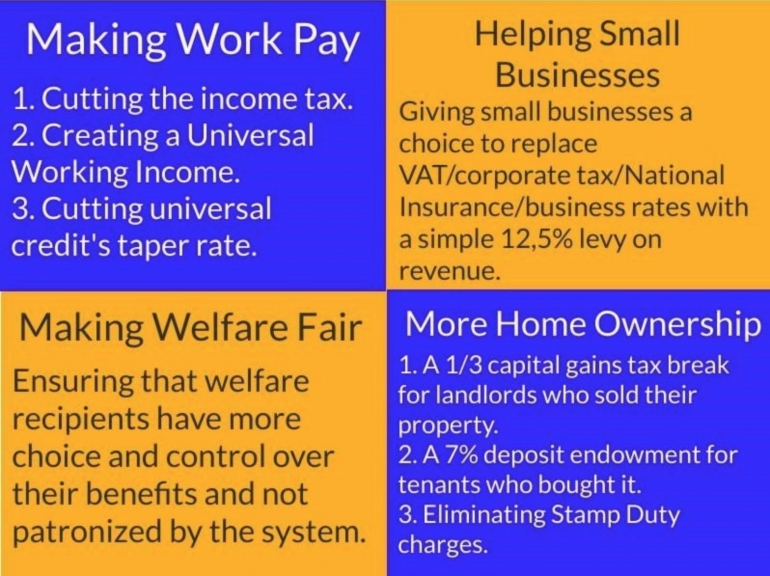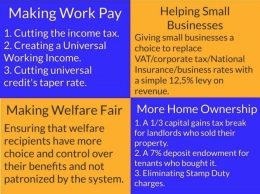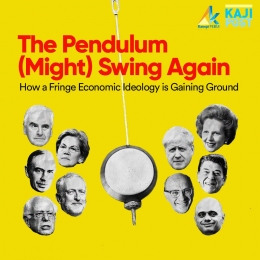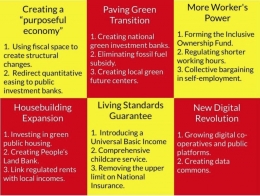It is a revolution that called for government activism in economics. Social Democrats around the globe found legitimacy in that activism. After that, policies like nationalization, the welfare state, and others become the norm.
But, the 70s malaise brought an end to this revolution. Thus, it became a hotbed for fringe movements to plan radical ideas. One of them is Milton Friedman's Monetarism.
This ideology puts an emphasis towards money supply control, free markets, and smaller government. Then, it found sympathy from conservatives like Margaret Thatcher and Ronald Reagan. They embedded Monetarism into their political agendas and campaigns.
Their campaigns proved to be successful, as they both drove out the Keynesian policy tenets. It is replaced with privatization, deregulation, balanced budgets, and other measures. The Reagan-Thatcher Revolution became its anointed name.
So, it is crystal clear that a combination of outlier political ideology and unique economic theory drove these revolutions. Social Democrats made Keynesian Economics their weapon. Reagano-Thatcherites found their arsenal in Monetarism. Without these partnerships, both would fail to swing the political pendulum.
The New Economics Movement (NEM) as a Potential Hijacker
Since Thatcher's resignation in 1990, political powers gathered around the center. Tony Blair's New Labour and Bill Clinton's New Democrats are clear examples of this centrist tendency.
They focused around building on the Neoliberal legacy while improving social conditions. But, The Great Recession of 2008 becomes the whip that revived this relationship.
When decline looms, fringe ideology blooms. One of them is the New Economics Movement (NEM). This transatlantic movement promotes an ambitious ideology, one that "fashions the economy to serve us and the natural world," (New Economics Foundation [NEF], 2018:4). Nowadays, think tanks such as the New Economics Foundation (NEF), Institute for Public Policy Research (IPPR), and others drive this movement.
Their mission is ambitious. NEM wants to create a fairer, more inclusive, less exploitative, and less destructive economy towards society and our planet. They even said that they would address the gross inequality of Neoliberalism. Read this statement from NEF's report "An Economy for The People, by The People" (NEF, 2018:2-3).
"The four-decade-old neoliberal model is exhausted; what is needed now is a new economics in which government rediscovers its role in pursuit of an economy that works for people and planet."










